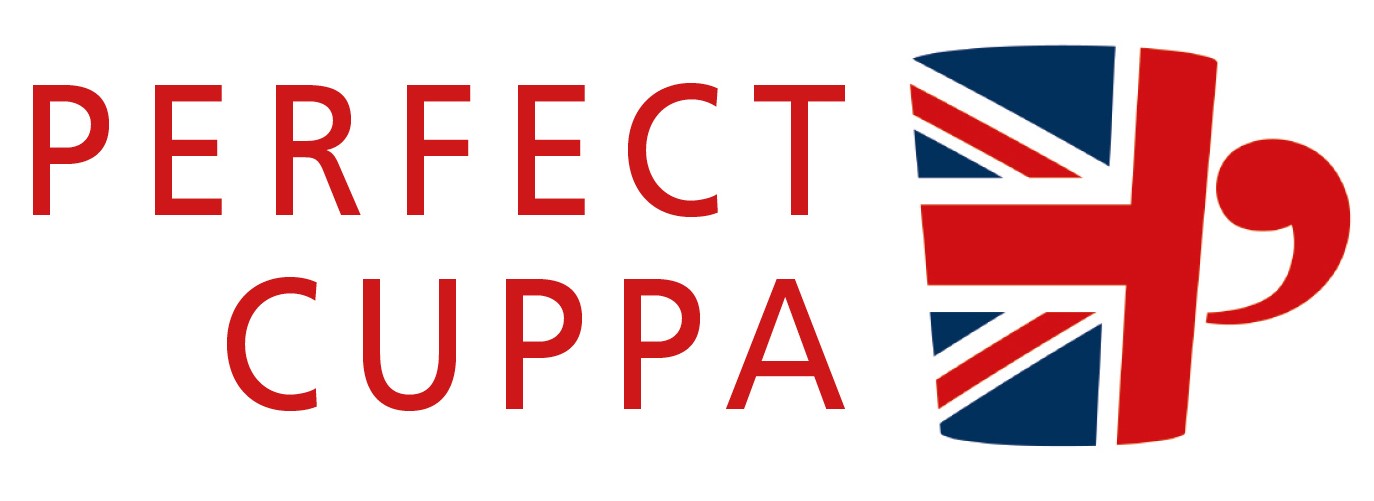An Insight into British Business Etiquette by Victoria Rennoldson, Founder of Perfect Cuppa
Photo credit: Alexandra Roche
Communicating effectively: Understanding British English in Business
My business, Perfect Cuppa English, is founded on the idea of supporting expats to understand how the British communicate in English, so that they can improve their understanding of people, express themselves more naturally and feel more in tune with life in the UK. This is particularly relevant for business contexts, where you need to understand exactly the meaning behind words and the true feelings of colleagues, suppliers or clients, especially in more challenging situations like pitches, negotiations and presentations.
Clearly everybody is an individual, with their own preferences for communication style, plus each industry, function of a business and company will have their own culture which influences how business is done. Additionally, it of course depends on your own cultural starting point, i.e. where are you from originally and which cultures you have worked with previously.
However, saying that, here are some general ideas to consider when doing business in British business contexts.
Small Talk
Like for most cultures, small talk is an important part of British meetings, and there is a ritualised start and end to every meeting, where we dedicate time to discuss light topics beyond the subject at hand. However, it is always limited to 5-10 minutes and after a short introduction, there is an expectation to get down to the main business. Topics might include commenting on the weather (of course, we are British!), travel experience to the meeting, weekend plans, and more general enquires about business progress.
The key is to stay on more superficial topics. Unless you know your business contact well, we steer clear of personal questions, and the response to “How are you?” is usually an automatic “Fine, and you?” without much detail, except maybe saying work is busy or good at the moment. We very rarely share what we really are feeling at this stage in the conversation, even if we feel ill or having problems, unless we know somebody very well.
At the end of a meeting, you might hear a British person say, “We must catch up again soon for lunch/ coffee etc “. This is a fairly ritualised way to end the conversation and sometimes can be an empty invitation. It means, “Sure, let’s see each other again sometime in the future, but I’m not going to fix a date”. So, don’t expect to start looking at your diaries together!
As a result, sometimes expats tell me they find it hard to get to know the British, which can be true until you get them to the pub or out for a work social event, when you will see drinking culture allows many inhibitions to be dropped! On this point, there are 3 rituals which are very important to get to know your British colleagues better:
- Social drinking: heading to the pub after work on Friday when invited and/ or social drinking in the evenings at team work events.
- Cake consumption: the British love sweet treats, and some places have cake Friday every week, where somebody brings in a tasty treat to share, or if it’s your birthday you’re expected to bring in cakes for the team.
- Holiday gifts: if you’ve been on holiday, don’t forget to bring some local sweets or biscuits for the team to share. If you don’t, it will be noted by your team!
Formality vs Humour/ Irony
Depending on the industry and the context, there are varying levels of formality in British business contexts, but more formal language is usually reserved for situations:
- Where we don’t know the other people very well
- The stakes are high, e.g. a negotiation
- We feel embarrassed, awkward or defensive
For example, when starting emails, it’s usual in the UK to still open with “Dear ……”, for somebody you don’t know, or “Hello……” once you know them better. “Hi…” is reserved for somebody we know well. Depending on the business, you will sometimes see somebody open an email with just your name and no greeting, e.g. “Victoria, “: but be conscious that this can come across as very formal, cold and distant, and should be used with caution, unless this is the standard email convention in the business you work in.
You will also notice that the sentences become longer with more words in them that sound indirect. It’s also common to use grammar differently, e.g. conditionals to sound more polite and tentative: “Would you consider this option?”.
Sometimes people use the passive structure which can seem impersonal or as if they are even avoiding personal responsibility. Whereas it can sound neutral, diplomatic (especially to avoid blame) and business-like to British ears, e.g. “It seems that the project has not been completed by the deadline”.
Humour meanwhile is also important, usually in an ironic, sarcastic and self-deprecating way. We like to poke fun at work and each other gently, not take ourselves too seriously and lighten the mood to build connections, but we rarely tell jokes or anecdotes to the group as it can sound self-important. British humour can sometimes be subtle, especially if it’s delivered without the body language that suggests somebody is trying to be funny, so don’t be surprised and follow the cues from the others around you.
Understanding Feedback: Not saying no
One of the areas I am told which is most confusing for expats when doing business with the Brits is understanding their feedback as this is open to misinterpretation. The key is knowing that some British people:
- Find it difficult and awkward to give negative feedback, and don’t want to say no, so they start the sentence by sounding positive, but end with the real negative message, e.g. “I can see where you are coming from, but perhaps that’s something to think about”.
- Modify their language with words like “a bit”, “quite”, “fairly” or “rather”, both for positive and negative feedback, as they don’t want to sound too extreme, e.g. “That’s quite an interesting idea”. It’s really important to listen to the voice to understand the real meaning. Positive, strong tone suggests this is positive feedback. Hesitant, questioning tone suggests this is negative feedback.
- Use the inclusive pronoun “we” to give feedback, instead of “you”, to avoid sounding like they are blaming, e.g. “I was wondering whether we could relook at option B and develop it further”.
- Use a double negative, which can be confusing:
“It’s not bad” = it’s good, or
“It’s not very good” = it’s terrible - Ask a question or ask your permission to give feedback, e.g. “Could I make a suggestion here?”, or “What about if we offered a discount?”
- Apologise before giving you negative feedback! E.g. “Sorry but I am not sure I agree with you”, or “I’m afraid it’s not that simple”.
- The most important part of the feedback will be flagged with introductory phrases to prepare you for disagreement, e.g. “To be honest I need more time to think about it”, or “Actually, it’s a question of budget”.
Although these examples may sound indirect, even dishonest in some cases, it can come from an intention to be polite and diplomatic, to avoid conflict, to soften personal, negative feedback and from a feeling of awkwardness.
Clearly, these communication styles are true for some British people, in certain situations, but the point is to make sure you are always clear on what is being said, and if you are uncertain about the true intended feeling or meaning, then to clarify by reflecting back what you heard.
I hope you have found these tips helpful. Please share examples you have heard and your own tips for communicating in British business- would love to hear them!
Victoria Rennoldson, Founder of Perfect Cuppa English, regularly gives talks and writes about British life and culture. Perfect Cuppa English is an English language consultancy service for individuals, which helps expats with bespoke English language and British Culture courses.
Victoria@perfectcuppaenglish.co.uk




























